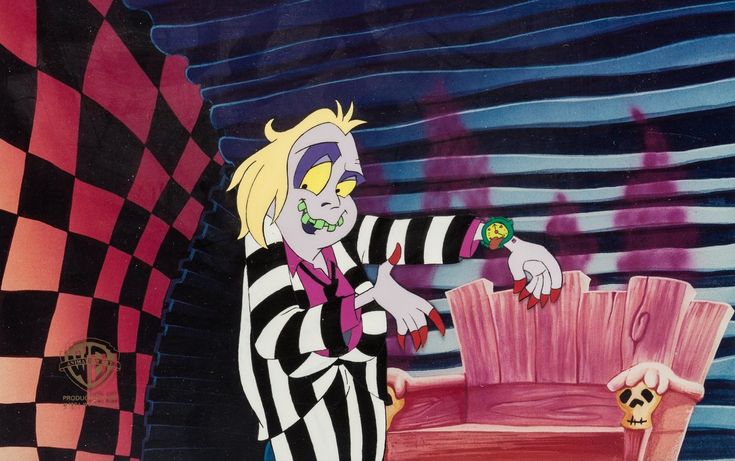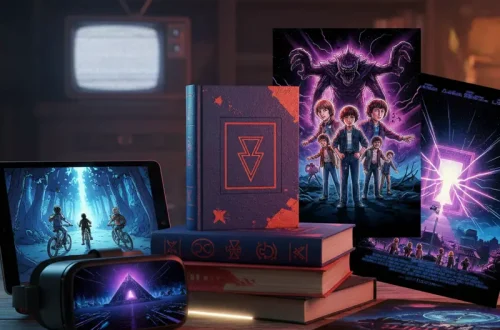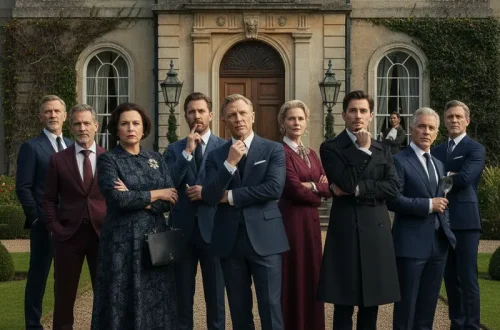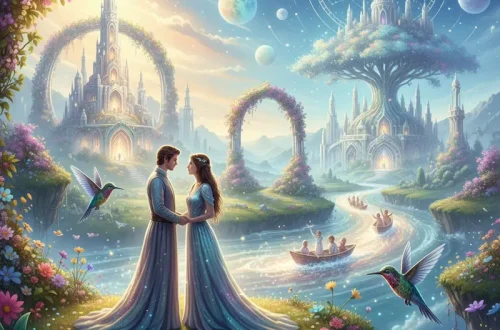While the film is vigorously connected with writer Danny Elfman’s remarkable score, lyricist Eddie Great — likewise addressed on Broadway this season with “Lord Kong” (read my survey) — draws on different melodic sources from 80s rock to momentum pop, gospel, and, obviously, calypso, with his score for the stage.
While generally bright and profoundly hyperactive to match the hyper energy of its main protagonist, there are shockingly wistful melodies, similar to the eerie song of praise “Imperceptible” and the climactic “Home”, that give Lydia’s curve crucial surface and accentuate the story’s new focus of gravity and message about distress.

Paying attention to the as-of-late delivered cast collection reveals further insight into melodic references and melodious jokes that may be lost in the theater — and the completion of Kris Kukul’s rich arrangements.
Very much like “Spamalot” and “Mean Young ladies” — two intriguing instances of clique satire films transformed into effective musicals — the flattest snapshots of “Beetlejuice” are the required ones: the scenes, lines, and jokes that should be steadfastly reproduced in case the devoted fans transform into die-hard critics. A joke is actually a major buzz-kill interesting when you know the zinger — nor is a sight-gag once the sight is known.
“Beetlejuice” should incorporate the renowned “Day-O” scene in which party visitors are threatened by their supper as they are had to move around the table to Harry Belafonte’s version of the “Banana Boat Tune”. Instead of dwell on the joke, however, the inventive group gestures to the scene from the film, then, at that point, develop the activity, continuing on toward new material and thoughts — like a monster cook pig showing signs of life — that is normally more clever in light of the fact that it is fresher.
If you are interested in Beetlejuice-inspired designer products, please see more at Beetlejuice Shirt here!





